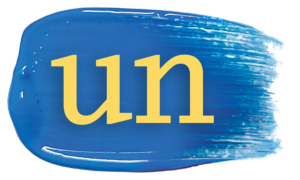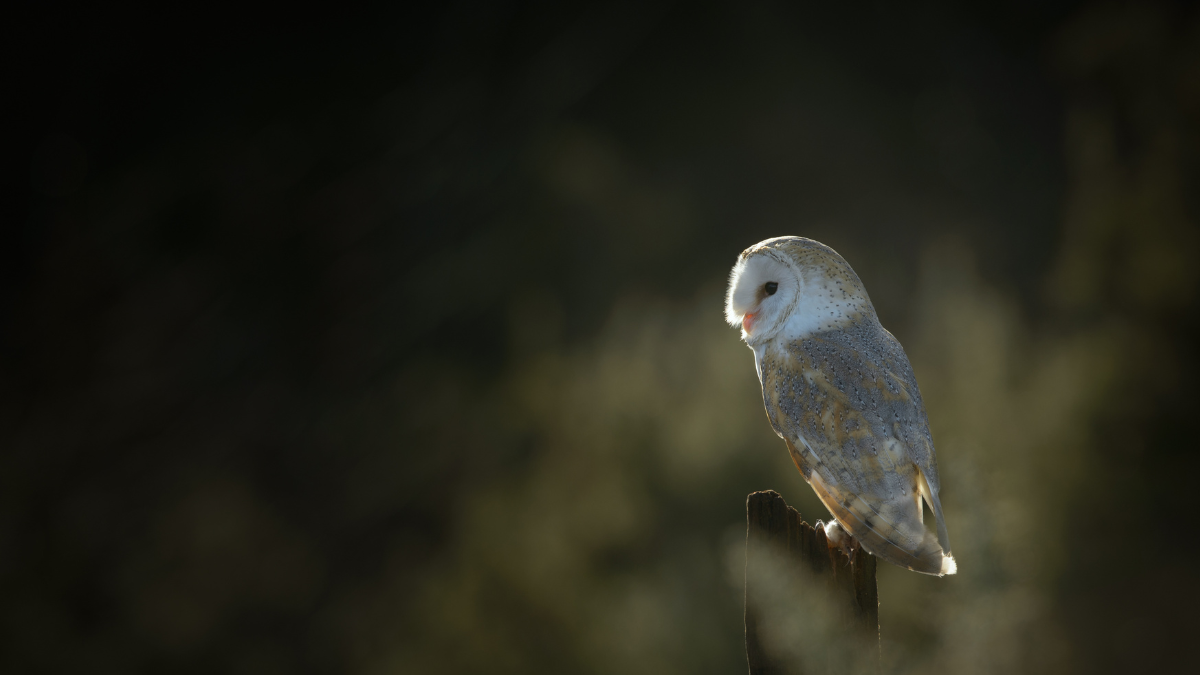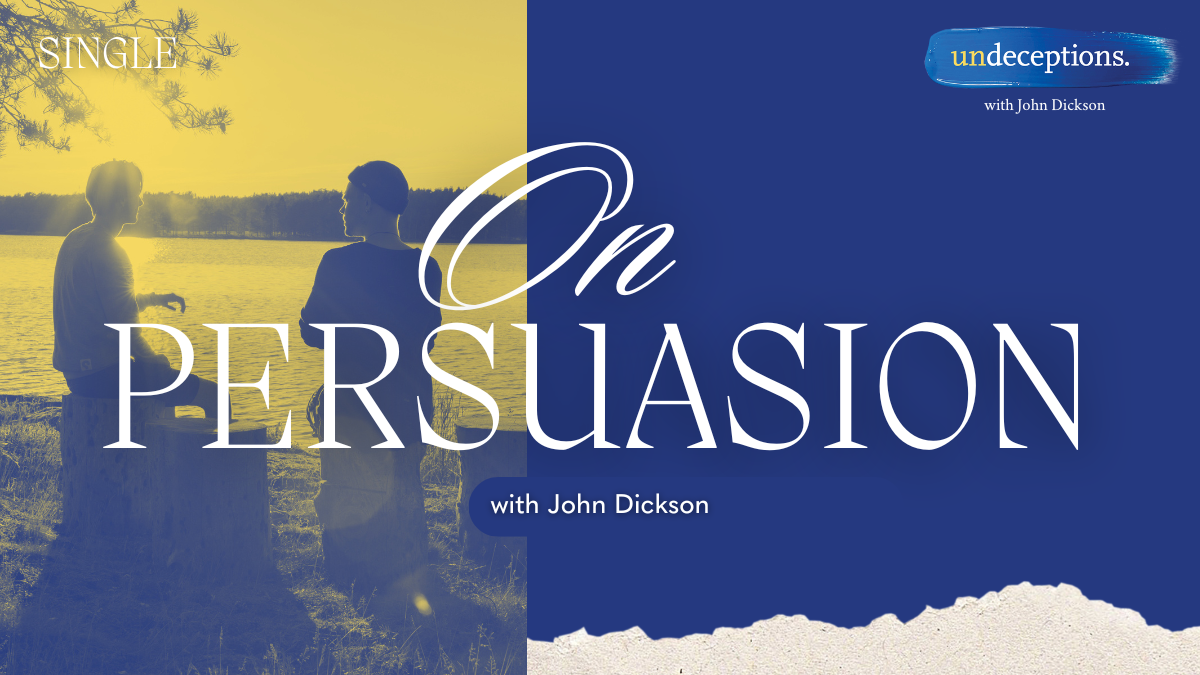Jesus talked a lot about wisdom. In fact in Luke 7 he even identified himself as wisdom. Mostly he meant skilful insight into how to live in God’s world. The genius of the creator is imprinted on the creation so it makes sense that there is a genius way to behave in the world. But the wisdom tradition he stood within, as a Jew, was much broader than that. Skilful knowledge of the world itself was wisdom. If the divine intelligence is imprinted on the world, then knowing about the world matters.
Way back in the Old Testament, we’re told, repeatedly, that the world functions not in a haphazard manner, the way the pagans thought, but in accordance with deep rational principles from God’s own rational mind, which by God’s grace, our trained human wisdom can discover, at least in part.
The pinnacle of this tradition, in the Old Testament, was Solomon, King Solomon, around the 10th century BC. And it’s fascinating that Solomon is described not so much as ethically wise, he ended up being quite an ethical disaster, but he was described as wise in the sense that he studied the creation itself, in order to know the mind of the creator. So in 1 Kings 4, we get this strange statement about Solomon studying nature. “God gave Solomon wisdom and very great insight and a breadth of understanding, as measureless as the sand on the seashore. He spoke 3,000 proverbs and his songs numbered 1,005. He spoke about plant life, from the cedar of Lebanon to the hyssop that grows out of walls. He also spoke about animals and birds, reptiles, and fish. From all nations, people came to listen to Solomon’s wisdom, sent by all the kings of the world, who had heard of his wisdom.”
Now Jesus himself refers to all of this, when he says in a passage in Matthew 12 and Luke 11, quote, “The queen of the South [John: maybe Ethiopia] came from the ends of the earth to listen to Solomon’s wisdom, and now something greater than Solomon is here.” This wisdom theology, in the sense of searching out the genius of creation, because it reflects the genius of the creator, was hugely important for the later church’s approach to learning. In practice, it meant that learning about God’s world is in itself an act of worship, because it’s searching out the signs of God’s own wisdom that are imprinted in the physical creation. So learning about the motion of the planets, about animals, logic, and even musical harmony, was seen as a holy task.
Far from stunting intellectual curiosity, the ancient and medieval wisdom theology propelled people, like Isadora of Seville in the seventh century, to learn and write about practically everything that is necessary to know. The modern world has reaped the benefits of that old wisdom theology. Even though many today scorn the very intellectual framework that first gave us what we now think of as science.
By John Dickson
Medieval Science
Want to hear the rest of the episode?
Check out episode 74: “Medieval Science”















































